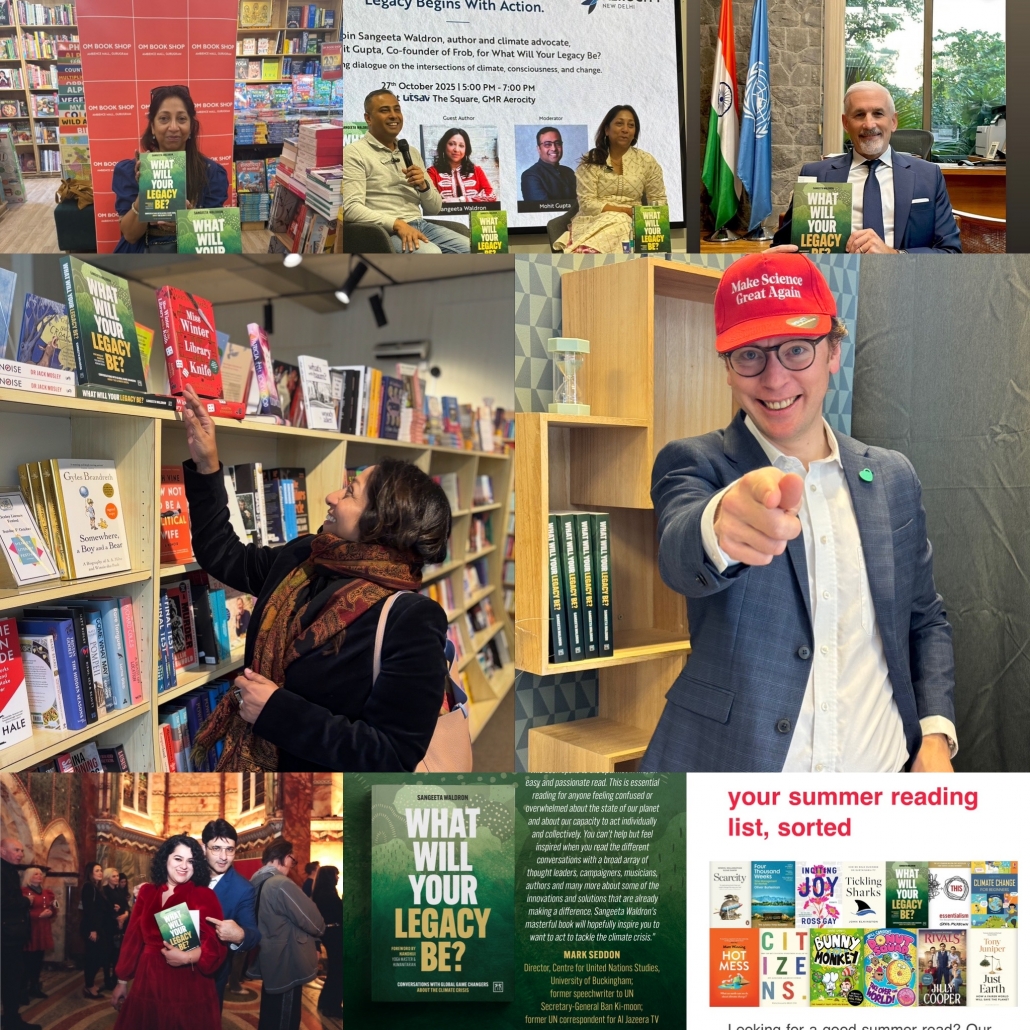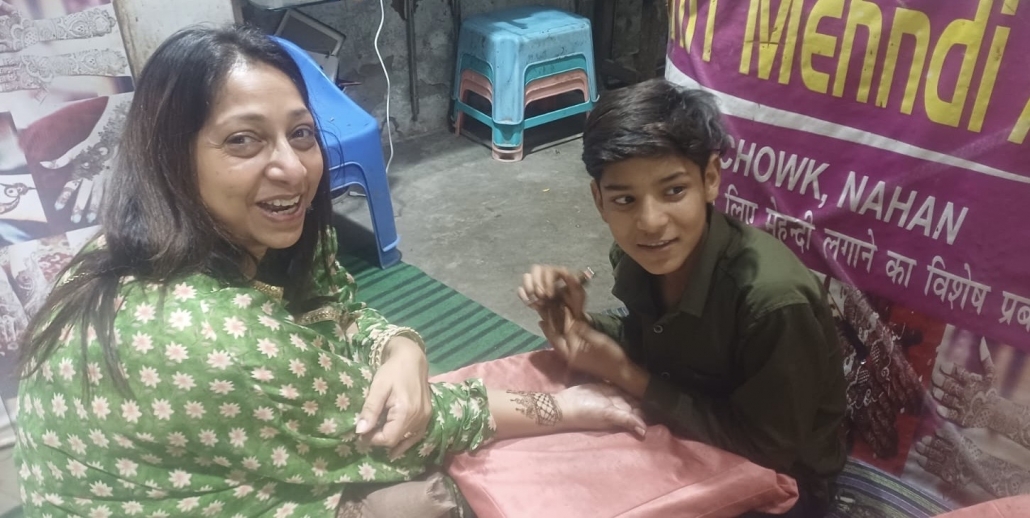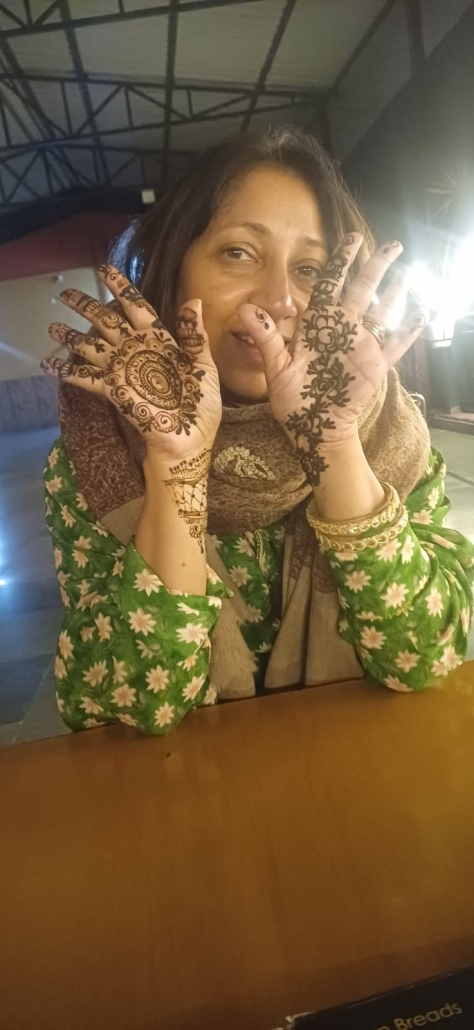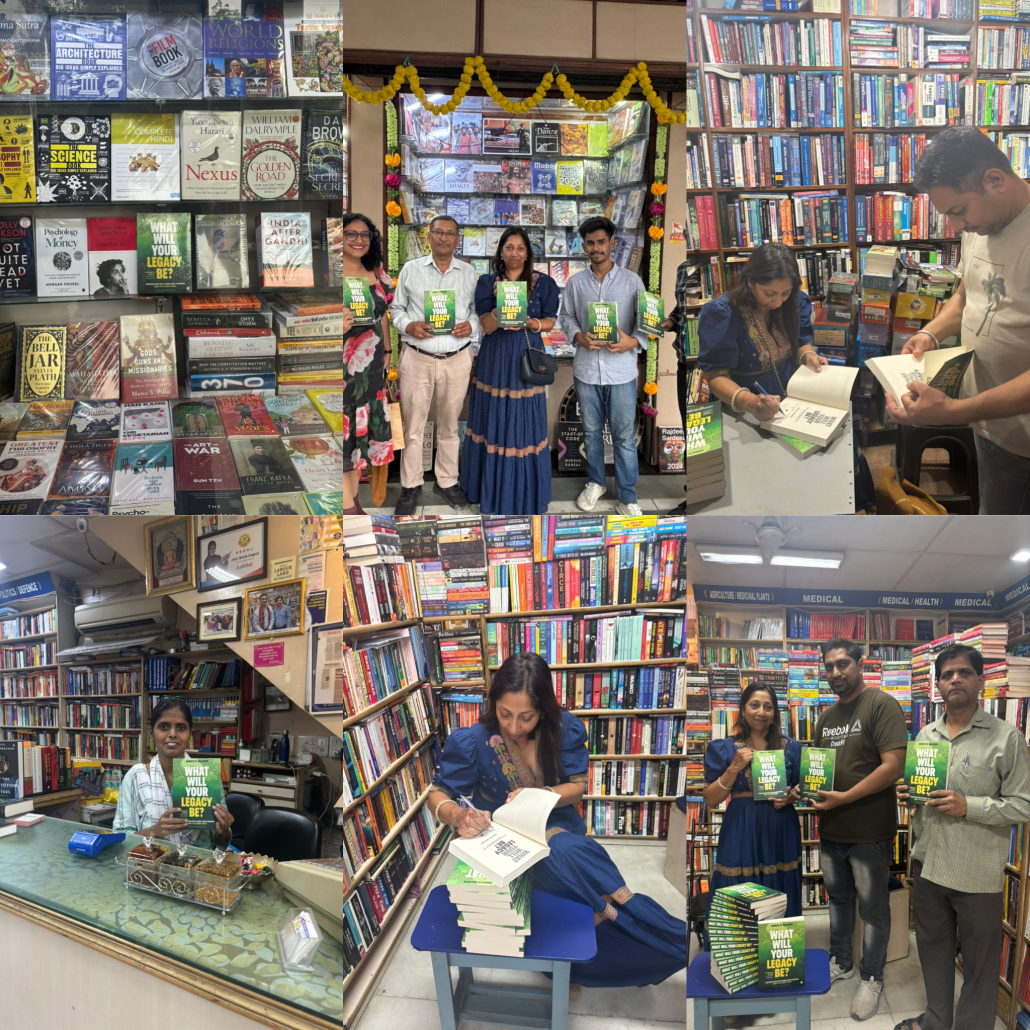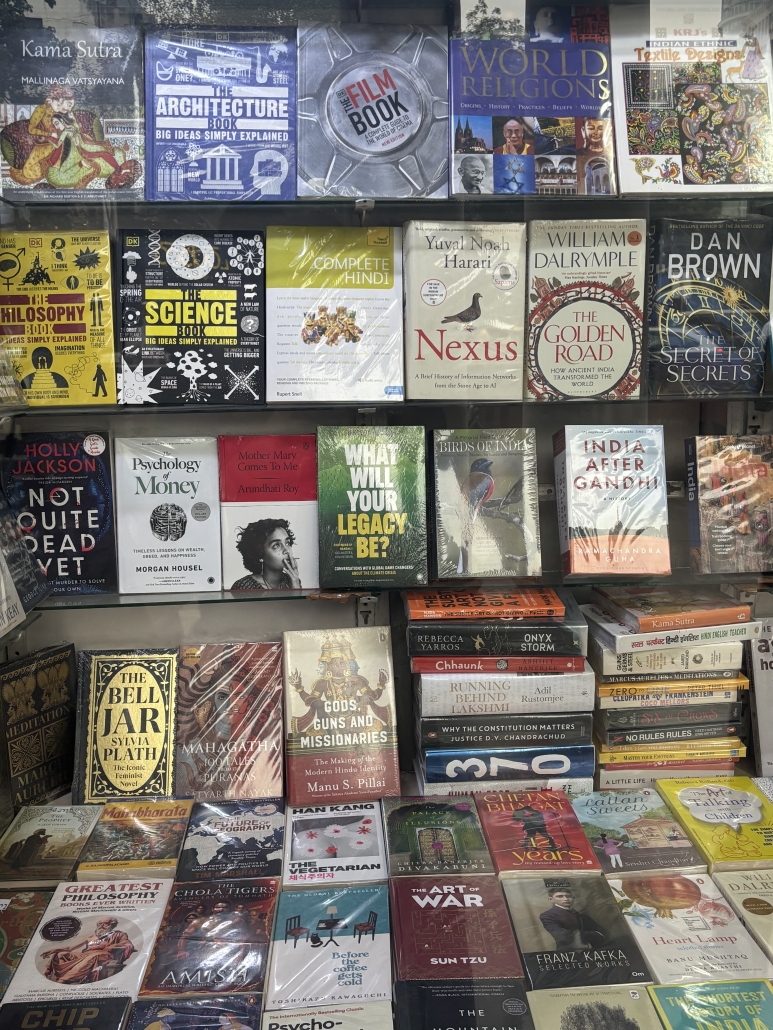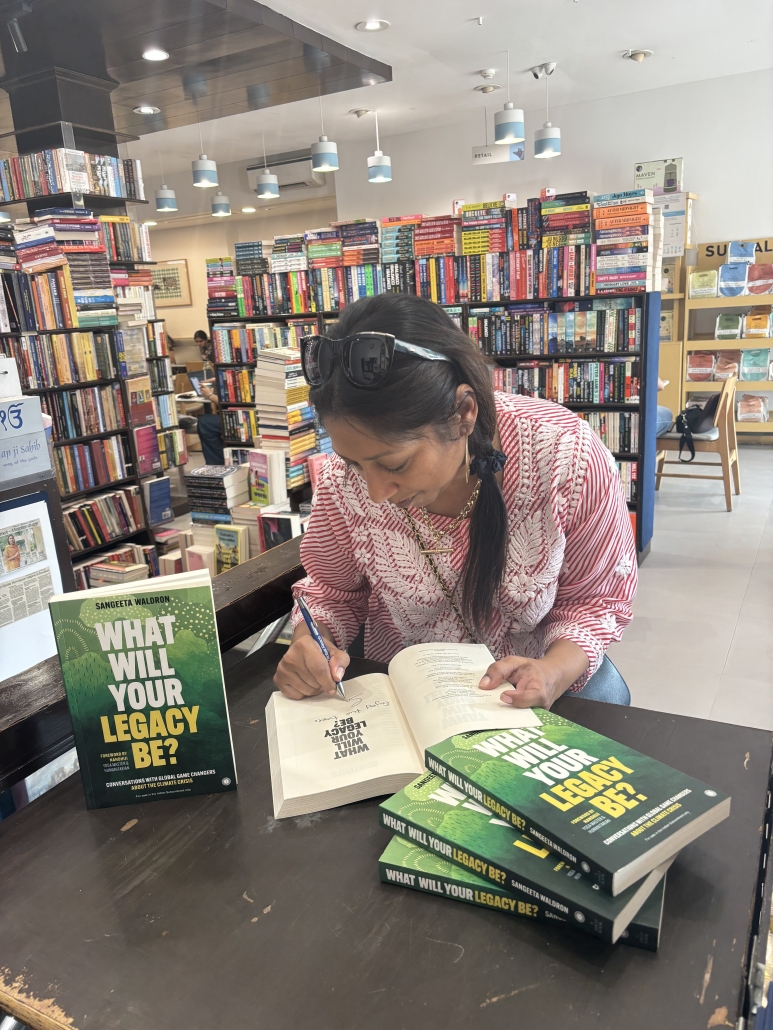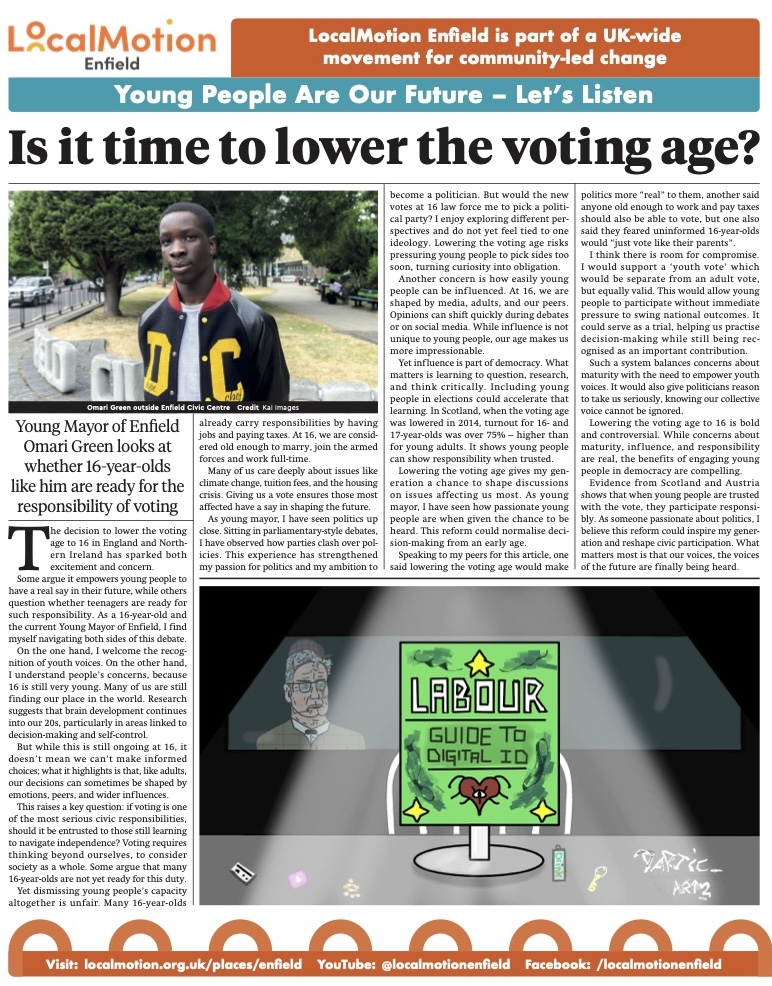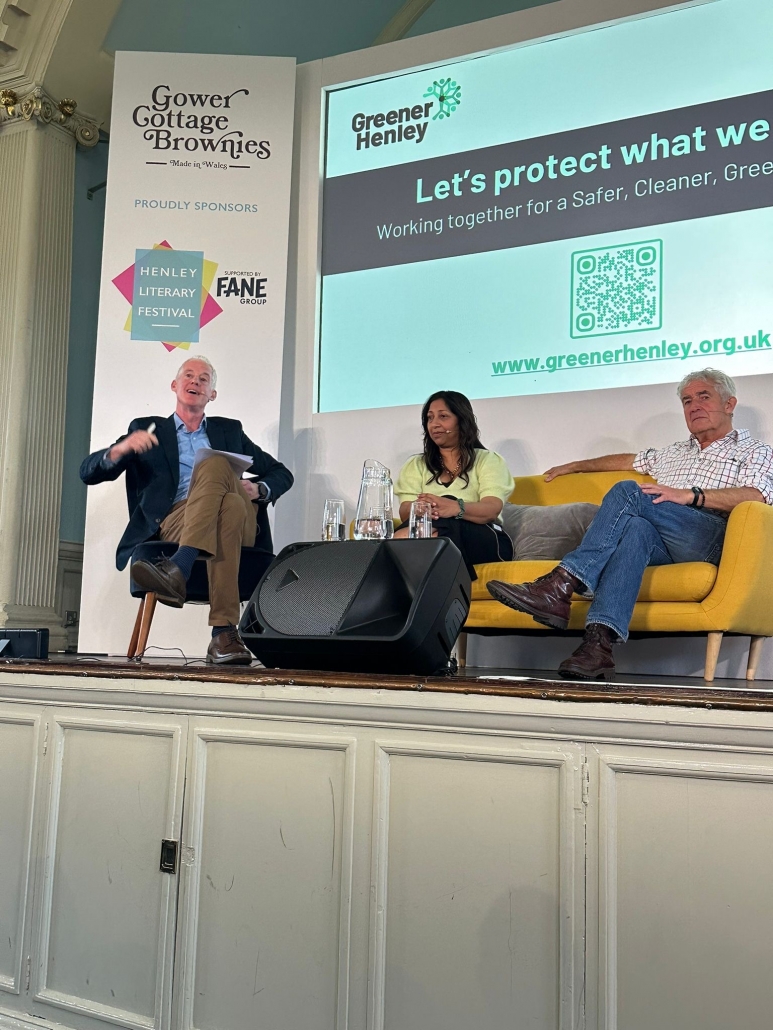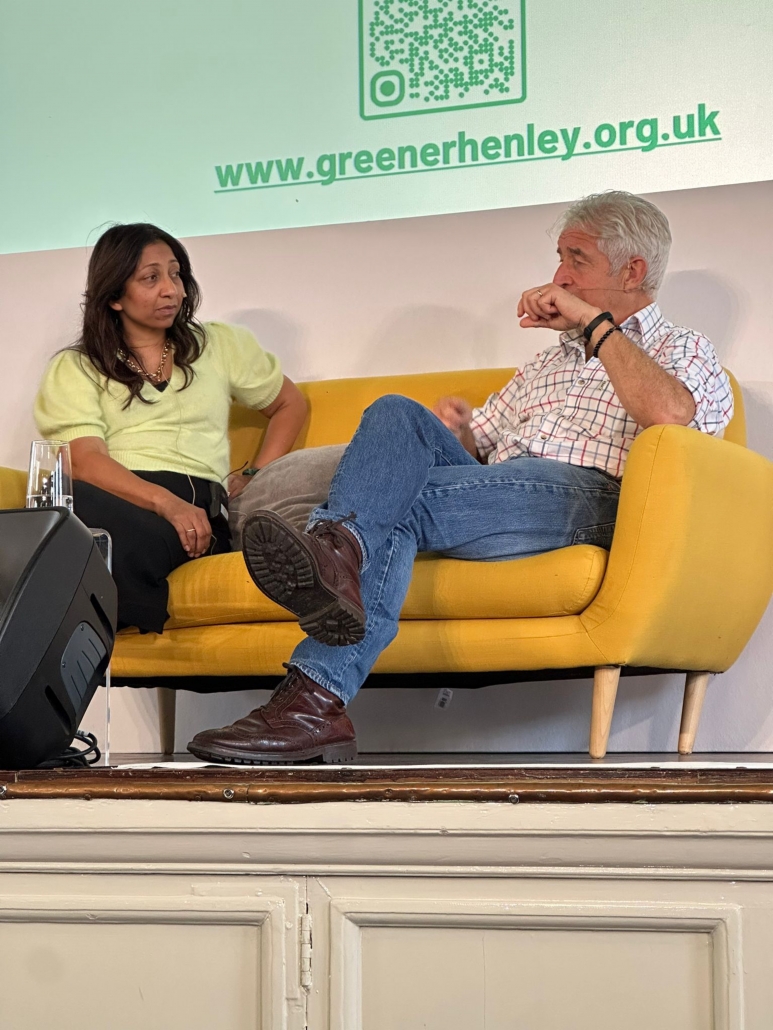Behind The Scenes When PM Blair Spoke To The WI

A Guardian article published on 30 December brought the moment straight back to me, when, as Head of PR for the WI, I helped advise No.10 on the themes for Tony Blair’s WI speech. This story has been resurrected via files released at the UK’s National Archives in December 2025, and since then it has had a bit of public discourse, particularly from those connected to the story, taking trips down memory lane. To help join the dots, my last name was ‘Haindl’ at that time.
When the Chairman, General Secretary, Head of Public Affairs and I met, No. 10, we grounded our recommendations in what WI members genuinely cared about – sustainability, the countryside, and Fairtrade. All areas where the organisation had long-standing credibility and lived experience. We could see where the risks were and said so. But we were ignored.
What happened became a lesson in leadership communications for Number 10, with the main takeaway being learning to listen to the people who know the audience.
What isn’t really reflected in the article is what happened afterwards…
After the speech, things moved very quickly. Because No.10 had invited the media in such numbers, the story travelled far beyond the room and the WI, unexpectedly, was at the centre of it. Overnight, I went from advising quietly in the background to helping steady the narrative on live programmes and newsroom panels, even finding myself on the front page of the Evening Standard.
What I remember most is not the headlines, but the feeling of having to steady things for members and colleagues while the news cycle accelerated around us. Interviews, phone calls, camera crews, all while making sure the WI’s voice stayed calm, grounded and authentic.
It was one of the first times I saw up close how fast a moment can become a narrative. It was intense (there were some very funny and bizarre moments too) and a reminder that when events escalate, calm communication and clarity of purpose really matter.
Photo credit: Wikimedia Commons

